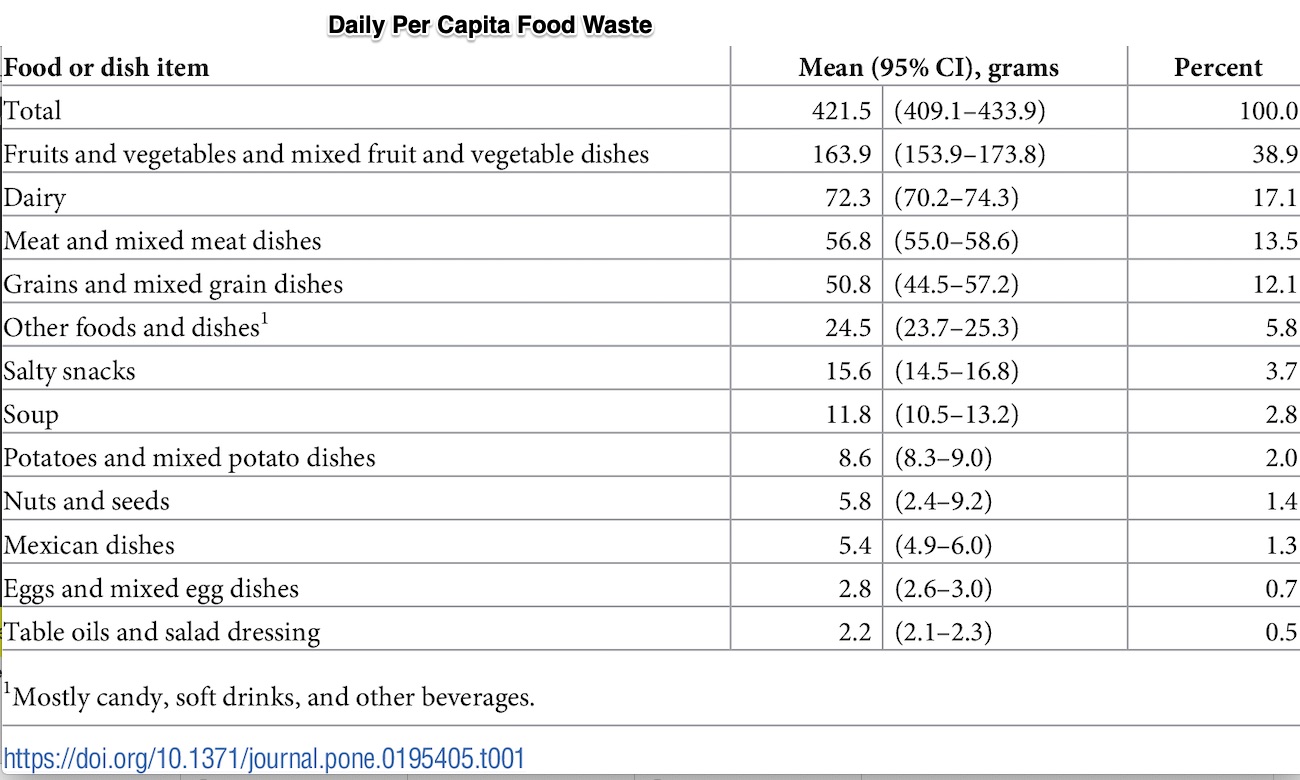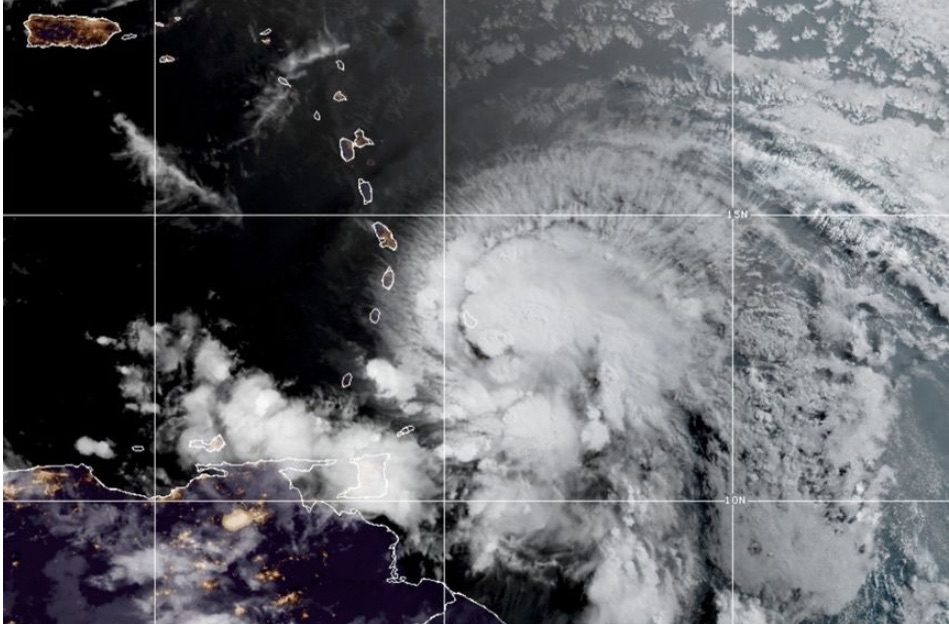
How to Select the Best Countries
April 22, 2021
Learn With Elaine: An African Trade Deal
April 23, 2021Even if you disagree with the math, the message from this graphic is indisputable. Our presence is tiny:

But our impact is huge. So, having just observed Earth Day, we can ask what we should do.
Our Carbon Footprint
Indirectly and directly, we create a carbon footprint through the total greenhouse gas emissions (GHG) we cause. Not just one moment in time, the footprint is a flow. The flow starts (for example) when a good or service is grown. It continues with production, transport, and use. And then it ends with how the item is discarded.
When we ask how we can cut our carbon footprint, the answers are what we eat and what we waste. If we just ate less meat and wasted less food, our emissions decrease would be much more than the combined impact of using LED lights, driving hybrid vehicles, and installing rooftop solar panels.
What We Eat
This is the GHG contribution of different foods for an average diet. At 56.6 percent, the meat slice is more than half of the food emissions contribution:

It becomes more personal, though, when we compare the carbon footprint of one 4-ounce portion of beef to a serving of chicken:

What We Waste
In addition, researchers have estimated that each of us, on average, wastes one pound of food a day. If accurate, that means we dump 25% of the food that we could be eating. Wasting less would create a carbon decrease that started with the methane that cows burp and ended with less sent to landfills. In between, more efficient food demand would mean lower transport and refrigeration emissions.
Below you can see that fruits and vegetables top our waste list:
Our Bottom Line: Nudges
In Nudge, Nobel Laureate Richard Thaler and his co-author Cass Sunstein suggest the incentives that government can use to gently push our behavior in a desired direction. Now, behavioral researchers have added what we need for a more permanent change. Called a “boost,” human capital needs more knowledge.
If a Nudge and a Boost work, by 2050, we can expect the following footprint mitigation:

My sources and more: Thanks to The Atlantic for alerting me to my carbon footprint and linking to this study from the Center for Behavior and the Environment. But I especially recommend this Washington Post article on food waste that was ideally complemented by this paper. However, if you want to see more of your own impact, the Center for Sustainable Systems at the University of Michigan did the best job.
![econlifelogotrademarkedwebsitelogo[1]](/wp-content/uploads/2024/05/econlifelogotrademarkedwebsitelogo1.png#100878)





